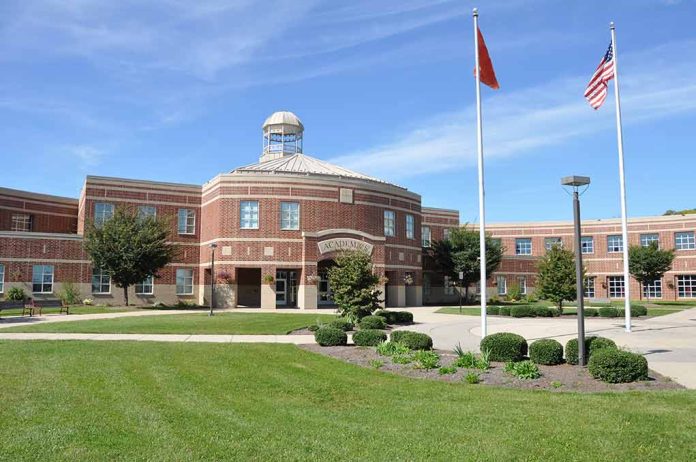
As legislation limits diversity, equity, and inclusion (DEI) initiatives in higher education, how institutions adapt remains an evolving question.
At a Glance
- Republican-led efforts restrict DEI initiatives in colleges.
- Critics argue DEI creates division; advocates worry about free speech impact.
- Six states have banned or limited DEI initiatives.
- Florida and Texas have enacted restrictive DEI laws.
- The Supreme Court ruling ends race-conscious admissions.
Legislative Actions Against DEI
In 2024, Republican-led efforts are targeting diversity, equity, and inclusion (DEI) initiatives in higher education across the United States. Legislation has been enacted in six states—Alabama, Idaho, Iowa, Indiana, Kansas, and Utah—marking a significant development. Advocates argue these initiatives preserve academic integrity by focusing on merit, whereas opponents believe DEI programs are crucial for addressing inequalities and enriching discourse.
Texas and Florida have taken significant steps by implementing laws that restrict DEI operations. Texas has banned these programs at public colleges, causing universities like the University of North Texas and Texas A&M University to either close or restructure their DEI offices. Similarly, Florida’s restrictions have led to the closure of DEI offices at Florida International University and the University of North Florida.
With Alabama now banning DEI, Black Parents do not need to send their sons and daughters to any of the colleges and universities in the state.
Let the state face the consequences of banning DEI.
— Je'lon Alexander, M.A. (@JelonAlexander) March 20, 2024
Supreme Court Ruling and State Responses
The Supreme Court’s decision against race-conscious admissions at Harvard University and the University of North Carolina has prompted a wave of anti-DEI legislation. Over 85 bills have been proposed in 28 states since the ruling, with 14 becoming law. These efforts aim to reduce or eliminate DEI programs, as some believe them to create divisions and exclude certain groups.
“The practice of DEI is an industry that pushes a left-wing, far-left ideological orthodoxy in essentially every area of American life,” said civil rights attorney Devon Westhill.
Alabama’s SB 129 bans DEI offices and mandates restroom use based on biological sex, reflecting broader legislative trends. Indiana amends diversity committee duties to enhance intellectual diversity, while Kansas imposes fines on institutions using DEI in hiring. Iowa and Utah have also enacted measures to limit DEI practices.
These six states banned or limited DEI at colleges and universities in 2024 https://t.co/jpa1YoFDKI
— Fox News (@FoxNews) December 30, 2024
The Future of Diversity in Higher Education
Despite legal limitations, some institutions continue efforts to maintain diversity through holistic admissions and targeted outreach. “Our goal with holistic admissions is to see the full individual behind each application,” explains Sonia Winney, emphasizing a focus on qualities like resilience and community involvement.
Hybrid learning models and innovative educational environments are helping colleges adhere to DEI principles while complying with new legislation. Evidence In Motion is one example, using holistic admissions and outreach programs to sustain diversity within legal frameworks.


